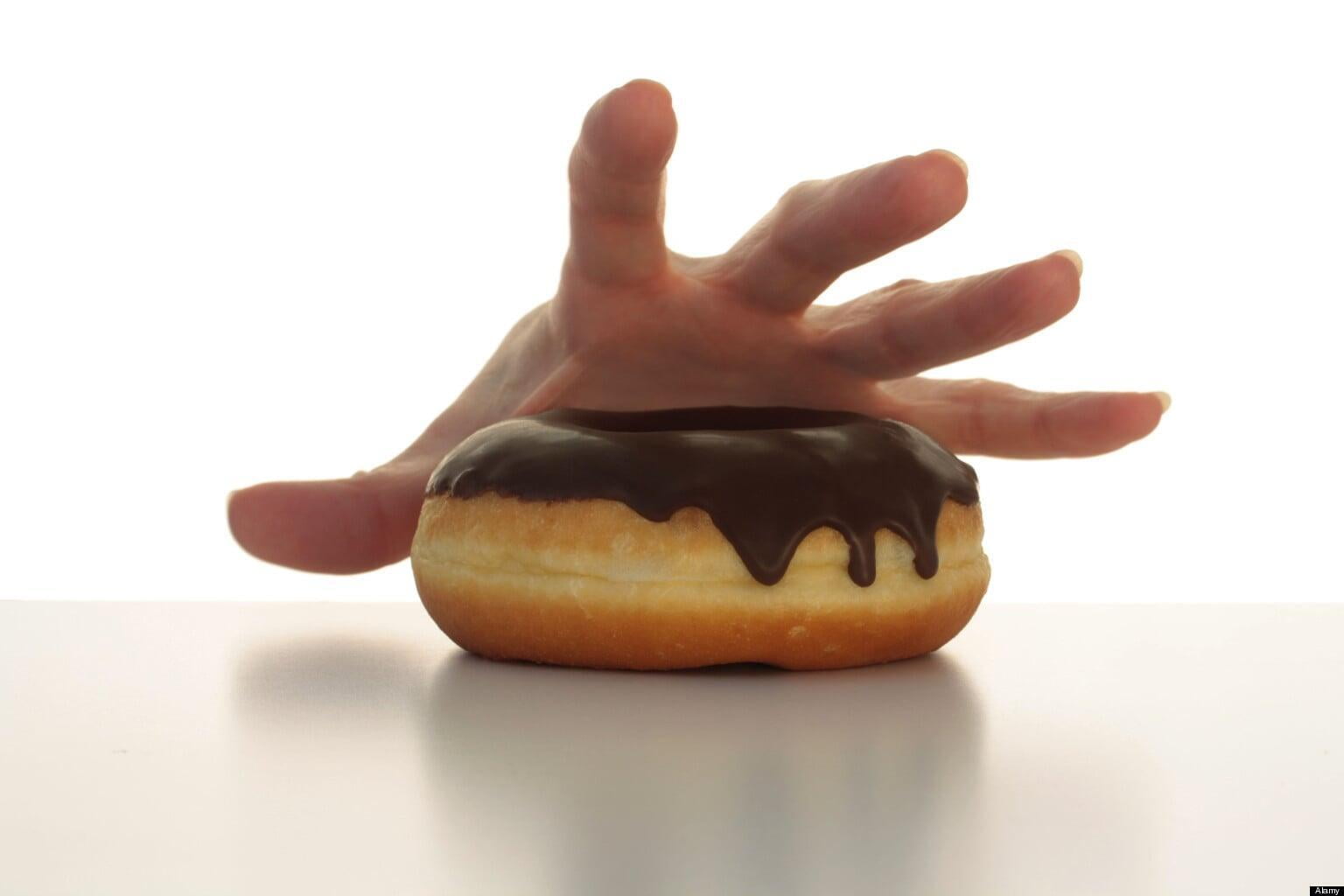
Do you find yourself racing to the pantry when you’re feeling down? Finding comfort in food is common, and it’s called emotional eating.
Many of us find ourselves turning to food for comfort, stress relief, or to reward ourselves. And when we do, we tend to reach for junk food, sweets, and other comforting but unhealthy foods. You might reach for a pint of ice cream when you’re feeling down, order a pizza if you’re bored or lonely, or swing by the drive-through after a stressful day at work.
Emotional eating is using food to make yourself feel better and to fill emotional needs, rather than eating to satisfy real physical hunger. The problem is not just eating too much. Emotional eating doesn’t fix emotional problems. In fact, it can makes you feel worse. Not only does the original emotional issue remain, but you may also feel guilty for overeating.
Physical hunger vs. Emotional hunger
Physical hunger develops slowly over time and often creates a craving for a variety of foods. This healthy craving is your body letting you know what nutrients it needs. Along with eating in response to physical hunger comes a feeling of satisfaction that you've had enough to eat, and none of the negativity or guilt that comes with emotional eating.
Emotional hunger comes on suddenly or abruptly. You crave only certain foods, like chocolate, cookies, or chips. Emotional hunger lacks that feeling of satisfaction or fullness, so it's common to find yourself binging and eating way more than you need to. After that, you may feel guilt or shame about eating.
Emotional hunger can’t be filled with food. Eating may feel good in the moment, but the feelings that triggered the eating are still there. And you often feel worse than you did before because of the unnecessary calories you’ve just consumed. You may even beat yourself for messing up and not having more willpower.
Occasionally using food as a pick-me-up, a reward, or to celebrate isn’t necessarily a bad thing. But when eating is your primary emotional coping mechanism, and when your first impulse is to open the refrigerator whenever you’re stressed, upset, angry, lonely, exhausted, or bored you create an unhealthy cycle where the real feeling or problem is never addressed.
Compounding the problem, you stop learning healthier ways to process your emotions, and have a harder and harder time controlling your weight.
Getting Back on Track
Whatever emotions drive you to overeat, the end result is often the same. The emotional relief is temporary, the emotions return and you likely feel guilty about setting back your health goals.
But no matter how powerless you feel over food and your feelings, it's possible to make a positive change. You can learn healthier ways to deal with your emotions, avoid triggers, conquer cravings, and finally put a stop to emotional eating.
Keep a food diary. Write down what you eat, how much you eat, when you eat, how you're feeling when you eat and how hungry you are. You'll begin to notice patterns in the connection between mood and food. As a bonus, you'll also be paying more attention to what you're eating and why.
Tame your stress. If stress contributes to your emotional eating, try a stress management technique, such as hypnosis, yoga, meditation or deep breathing. Managing the stress helps prevent overeating.
Check in. Before you reach for the snack, take a moment to check in with yourself. Are you really hungry? Put a sticky note on your fridge or cabinet to remind yourself to check in before snacking.
Go do something. Take a walk, watch a movie, play with your pets, listen to music, read, surf the internet or call a friend. Find another way to meet the emotional need.
Take away temptation. Don't keep hard-to-resist comfort foods in your home until you have established healthier habits.
Don't deprive yourself. Limiting calories too aggressively and eliminating treats can increase your food cravings, especially in response to emotions. Eat satisfying amounts of healthier foods, enjoy an occasional treat and get plenty of variety to help curb cravings. If you feel the urge to eat between meals, choose a healthy snack, such as fresh fruit, vegetables with low-fat dip, nuts or unbuttered popcorn.
Learn from setbacks. If you do give in to emotional eating, forgive yourself and move on. This is a learning experience, and you are reshaping your relationship with food. Focus on the positive changes you've already made and give yourself credit for learning.
When to Get More Help
If you've tried self-help options and still can't control emotional eating, consider hypnosis. Hypnotherapy can help you understand why you eat emotionally, break the connection between food and comfort, build healthier coping tools, and help you to change your relationship with food.🍥